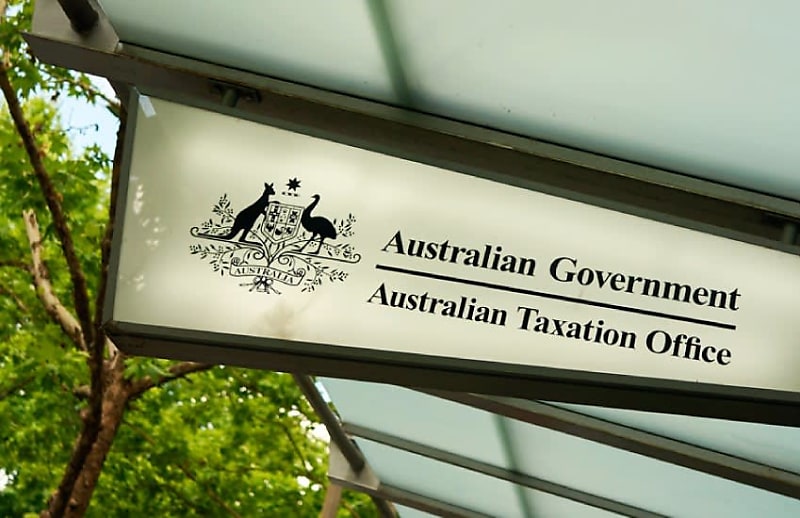The ATO has issued a recent statement about its current position on the Bendel decision in response to the questions it has been receiving from private companies and tax professionals.
You’re out of free articles for this month
The decision was significant as it was the first time the ATO's longstanding view about the tax consequences of unpaid present entitlements (UPEs) owing to corporate beneficiaries had been considered by the Full Federal Court.
The court decision was contrary to the ATO's view set out in Taxation Determination TD 2022/11.
ATO deputy commissioner Louise Clarke said the ATO has sought special leave to appal the decision to the High Court because it it is of wide interest and the fact it will impact many private company taxpayers.
Clarke said the ATO anticipates that the decision by the High Court on whether to grant the Commissioner special leave to appeal will be issued in the next few months.
"If the High Court decides to hear our appeal, the whole process could take a little while, allowing for a hearing to be scheduled and the High Court time to consider its decision," said Clarke.
"If the High Court chooses not to hear our appeal, we will, as a priority and almost immediately, publish practical guidance for taxpayers by updating our Decision Impact Statement."
The ATO will also review and update relevant ATO guidance products, she said.
Clarke also stated that the ATO will not be granting a blanket extension for lodgements for those companies affected by the decision.
"It is not usual practice to grant lodgment deferrals as a matter progresses through the Courts," she said.
"Similarly, in this case, we are not going to grant a blanket extension of time for affected companies to lodge their tax returns pending the High Court’s decision about the ATO’s special leave application, or any subsequent appeal."
Clarke said the ATO acknowledges that some private company taxpayers will need to decide how to treat unpaid present entitlements (UPEs) when preparing their 2024 tax return.
"To assist with the decision-making process, our published Interim Interim Decision Impact Statement explains that taxpayers need to be mindful that pending the outcome of our special leave application to the High Court, we are maintaining our view in TD 2022/11," she said.
"We also observe that the basis on which private company beneficiaries deal with UPEs may have consequences under other integrity provisions in the tax law, including section 100A and subdivision EA."
She also outlined that the application of section 100A and subdivision EA does not depend on the outcome of the Bendel High court process.
"So, in this regard, we consider that there’s a clear pathway for taxpayers who don’t wish to risk potential exposure to other integrity provisions, regardless of the outcome of the current High Court proceedings," she said.
She also warned that where taxpayers decide not to convert a UPE into a complying Division 7A loan, taxpayers face the prospect that other integrity provisions may apply to their arrangement (depending on the particular facts), for example Subdivision EA and section 100A.
"Placing a UPE on Division 7A complying loan terms requires all the elements of section 109N to be satisfied, including that there’s a written loan agreement between the parties. That is, relevant UPEs must be converted to loans to comply with section 109N," said Clarke.
If a taxpayer has been following the ATO guidance and continues to do so, Clarke said they will have certainty regardless of the outcome of the High Court proceedings.
"That is, they will not be facing the prospects of a deemed dividend or potential application of other integrity provisions," she said.
"Of course, it is up to individual taxpayers to decide their approach post the Full Court’s decision. However, any decision needs to be made with knowledge of the relevant risks and their individual circumstances.
"I strongly encourage impacted taxpayers to seek advice appropriate to their particular circumstances."

 Login
Login







